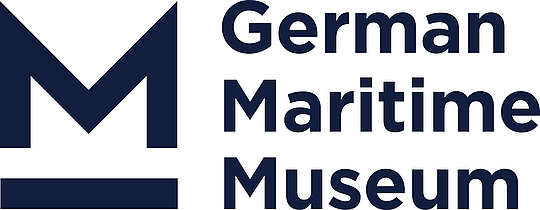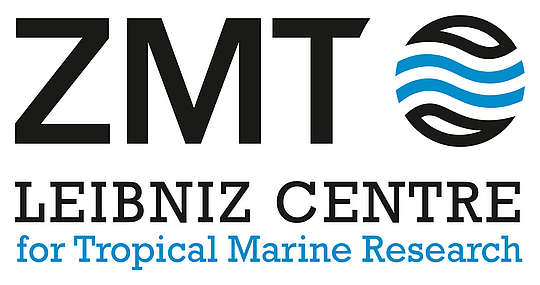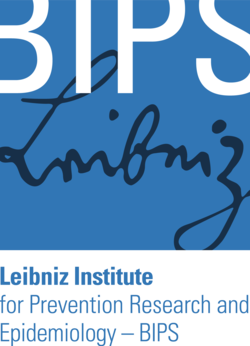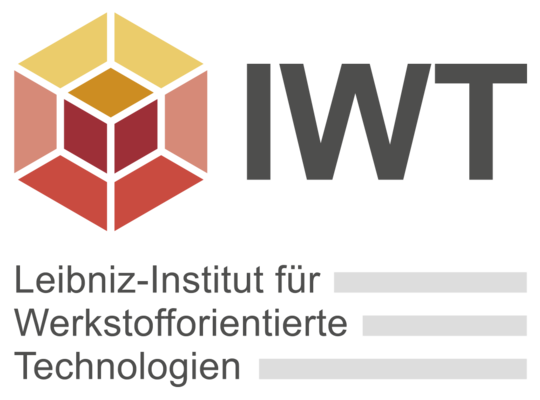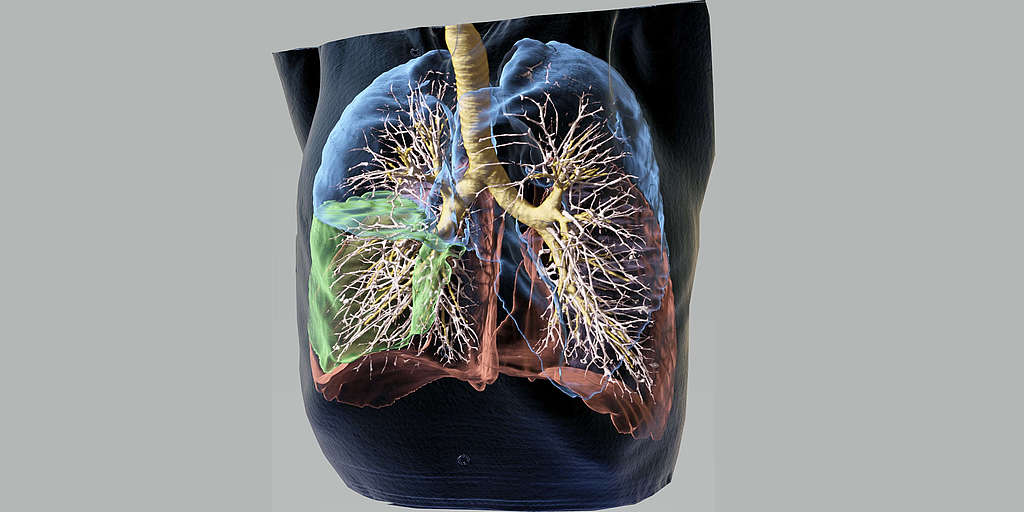
© Fraunhofer MEVIS
Establishing the AI Center for Health Care addresses as one of the activities in the lead project Artificial Intelligence the critical relevance of artificial intelligence in relation to health research. The intention aims at the cooperation of the member institutions and in particular at funding PhD students working in interdisciplinary projects. The objective is to establish a virtual institute across the boundaries of the member institutions.
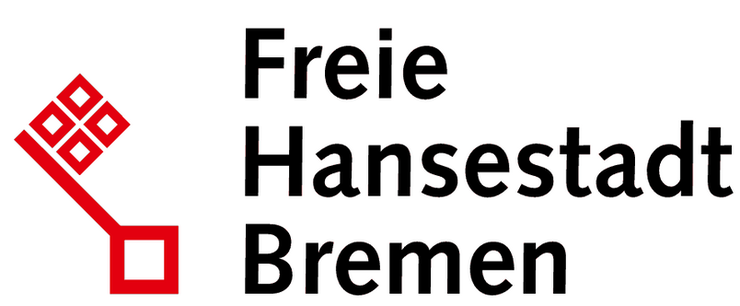
In order to promote the growth of joint research projects in the field of AI and health care, the U Bremen Research Alliance tendered the funding of cooperative research projects in 2021 for the first time. The funds are provided by the State of Bremen and awarded through the U Bremen Research Alliance.
The AI Center for Health Care comprises the following nine projects:
AI Surgery Tracking
AI Surgery Tracking aims to help improve surgical care through robust and user-friendly AI-support systems.
Participating institutions:
Fraunhofer MEVIS, University of Bremen
Project managers:
Dr. Jan Strehlow (Fraunhofer MEVIS)
Prof. Dr. Gabriel Zachmann (University of Bremen)
IDEAL: The Intelligent Digital Guideline Editor - Use of causal inference to obtain evidence using emulated clinical studies
The focus of the project IDEAL is the development of a methodology to use causal inference and adaptive statistical procedures to simplify the planning of efficient clinical studies and to be able to quickly integrate their results into existing guidelines using a digital guideline editor.
Participating institutions:
Fraunhofer MEVIS, University of Bremen, Leibniz BIPS
Project managers:
Dr. Max Westphal (Fraunhofer MEVIS)
Dr.-Ing. Markus Wenzel (Fraunhofer MEVIS)
On the way to AI-assisted intelligent magnetic resonance imaging
In the project On the way to AI-assisted intelligent magnetic resonance imaging the project partners want to jointly develop a system that uses AI methods to improve the imaging for magnetic resonance tomographs.
Participating institutions:
University of Bremen, Fraunhofer MEVIS, DFKI
Project manager:
Prof. Dr. Matthias Günther (University of Bremen)
NAKO+ILSE: Multimodal data fusion for the early detection of dementia
The aim of the project NAKO+ILSE is to merge multimodal data from various studies in order to improve the prediction of the biological, immunological and cognitive age of individuals and to support the early detection of dementia.
Participating institutions:
University of Bremen, Fraunhofer MEVIS, Leibniz BIPS, University of Heidelberg (consultant)
Project managers:
Prof. Dr.-Ing. Tanja Schultz (University of Bremen)
Prof. Dr. Matthias Günther (Fraunhofer MEVIS)
NAKO-MNA: Multimodal norm-atlas and synthetic data model based on the NAKO health study
NAKO-MNA aims at the AI-based development of a multimodal implicit data model based on combined image data and complex tabular data from the NAKO health study. One application goal is the improved ability to sensitively detect deviations from the norm and previously undiscovered incidental findings.
Participating institutions:
Leibniz BIPS, Fraunhofer MEVIS
Project manager:
Prof. Dr. Marvin N. Wright (Leibniz BIPS)
PORTAL: Prediction of mechanical properties of additively manufactured parts by means of Machine Learning
In the project PORTAL the project partners jointly work on AI-based methods to optimize laser additive manufacturing for endoprotheses. A forward-model shall predict the properties of the implant with respect to its field of application. Furthermore, a backward-model shall help to find optimized parameter settings for the manufacturing process based on predefined specifications of the implant.
Participating institutions:
Leibniz IWT, University of Bremen
Project manager:
Prof. Dr.-Ing. Rainer Fechte-Heinen (Leibniz IWT)
ENABLE: AI-supported development of new antibacterial surfaces
The project ENABLE aims at the reduction of implant-associated infections by means of the development of an antibacterial alloy.
Participating institutions:
Leibniz IWT, University of Bremen
Project manager:
Dr.-Ing. Anastasiya Tönjes (Leibniz IWT)
KIKI: AI-supported development of diatom structures for the composition of additively manufactured endoprostheses made of Ti-6Al-4V
The project KIKI aims at the development of medical endoprostheses based on beneficial diatom structures.
Participating institutions:
AWI, Leibniz IWT
Project manager:
Dr. Christian Hamm (AWI)
MetaN : AI-driven, reconfigurable metamaterial imaging technology for MR
The project MetaN aims at increasing the efficiency of magnetic resonance imaging by using flexible metamaterials, which are dynamically optimized by AI methods.
Participating institutions:
University of Bremen, Fraunhofer IFAM
Project manager:
Dr. Dennis Philipp (University of Bremen)
Speakers of the lead project Artificial Intelligence
Prof. Dr.-Ing. Horst Hahn, Fraunhofer Institute for Digital Medicine MEVIS
Prof. Dr. Frank Kirchner, German Research Center for Artificial Intelligence
Prof. Dr.-Ing. Tanja Schultz, University of Bremen
Coordinator of the lead project Artificial Intelligence
Dr. Monika Michaelis, U Bremen Research Alliance




